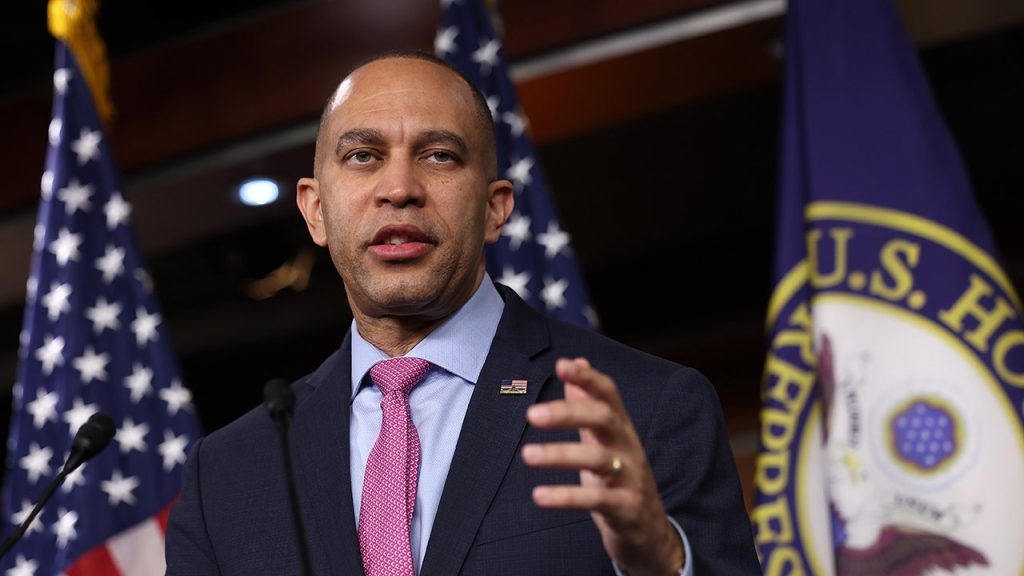The assertion by House Minority Leader Hakeem Jeffries that there are “no election deniers” within the Democratic Party has sparked controversy, given his past statements and the actions of other prominent Democrats. Jeffries’ claim, made during a House floor speech following the re-election of Speaker Mike Johnson, was met with applause from his Democratic colleagues. However, his own social media history reveals a different perspective. In 2018, Jeffries tweeted that the more information emerged about the 2016 election, the more “illegitimate” it appeared, questioning whether Trump was a “FAKE President.” He reiterated this sentiment in 2020, stating that history would never accept Trump as a legitimate president. These statements directly contradict his recent assertion of a unified Democratic front against election denial.
Jeffries’ past comments align with a broader pattern of questioning the legitimacy of the 2016 election within the Democratic Party. Hillary Clinton, the Democratic nominee in that election, repeatedly referred to Trump as an “illegitimate president,” citing various factors such as voter suppression, hacking, and the spread of false stories. While not explicitly denying the election results, her statements cast significant doubt on the validity of Trump’s victory. This narrative of delegitimization fueled speculation and distrust in the electoral process, contributing to a polarized political climate.
Representative Jerry Nadler, a prominent Democrat, further exemplified this sentiment by boycotting Trump’s inauguration, citing Russian interference and FBI actions as reasons to question the legitimacy of the election. While acknowledging Trump’s legal election, Nadler’s actions and statements implied a fundamental flaw in the process that rendered the outcome questionable. This stance, alongside Clinton’s and Jeffries’, demonstrates a significant undercurrent of doubt regarding the 2016 election within the Democratic Party, contradicting Jeffries’ recent claim.
Beyond individual statements, several Democratic representatives formally challenged the 2016 election results in their respective states, further solidifying the pattern of contestation. These challenges, while ultimately unsuccessful, represent a concrete manifestation of the skepticism surrounding the election’s outcome. The collective actions and statements of these prominent Democrats, including Jeffries, paint a picture that clashes with his recent assertion of a party devoid of election deniers.
The controversy surrounding Jeffries’ claim highlights the complex and often contradictory nature of political rhetoric. While the Democratic Party has consistently criticized Republican election denialism, particularly regarding the 2020 election, Jeffries’ own history of questioning the 2016 results underscores a certain degree of hypocrisy. His current attempt to distance the Democratic Party from election denialism clashes with past actions and statements, raising questions about the sincerity of his claim.
This incident underscores the broader challenge of addressing election denialism in a polarized political environment. While both parties condemn the practice in principle, the application of this principle often appears selective and partisan. Jeffries’ claim, when viewed against the backdrop of past Democratic rhetoric and actions, highlights the need for a more consistent and principled approach to addressing election integrity concerns, irrespective of the political outcome. The focus should be on strengthening democratic institutions and ensuring fair and transparent elections, rather than selectively questioning results based on partisan preferences.

